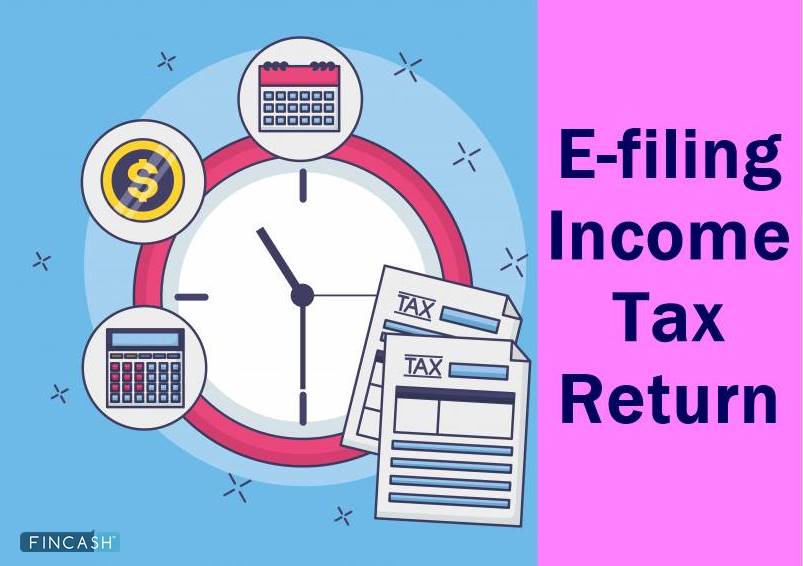
What is Fixed Income Clearing Corporation?
The Fixed Income Clearing Corporation (FICC) refers to a government body in the United States that oversees the settlement, confirmation, and delivery of Capital assets.

The FICC ensures US government transactions of securities and mortgage-backed securities (MBS) are settled and cleared systematically and efficiently.
A Brief Understanding of FICC
The FICC was formed when the Mortgage-Backed Security Clearing Corporation (MBSCC) and the Government Securities Clearing Corporation (GSCC) combined at the beginning of 2003. The clearing corporation is a subsidiary of the Depository Trust and Clearing Corporation (DTCC) and is split into two divisions that formed the FICC.
The FICC ensures that government-backed securities and MBS of the US are resolved systematically and efficiently across both divisions. Treasury bills settle at T+0, whereas Treasury notes and Bonds settle at T+1.
The FICC uses the services of its two clearing institutions, the JPMorgan Chase Bank and the Bank of New York Mellon, for ensuring that deals are resolved consistently and efficiently. The Securities and Exchange Commission (SEC) of the United States regulates and registers the FICC.
Talk to our investment specialist
Functions of FICC
Here are the functions of FICC based on its two composing units:
The Role of GSD
The GSD is in charge of new fixed-income offerings as well as reselling government securities. Trades in the US government debt issues, such as reverse repurchase agreement transactions (reverse repos) or repurchase agreements (repos), are netted netting by the division. Treasury bills, notes, bonds, government agency securities, zero-coupon securities, and Inflation-indexed securities are among the securities transactions processed by the FICC's GDS. The GSD provides Real-time trade matching (RTTM) through an interactive platform collecting and matching the securities trades, thus allowing participants to track the status of their trades in real-time.
The Role of MBSD
The FICC's MBS division supplies the MBS Market with real-time automation and trade matching, transaction confirmation, risk management, netting, and electronic pool notification (EPN). The MBSD uses the RTTM service to confirm transaction executions in a legal and binding manner. The MBSD considers trade to have been compared when it makes accessible to members on both sides of a transaction output, indicating that their trade data has been reached. A legitimate and binding contract is formed when the MBSD compares a trade, and the MBSD guarantees trade settlements at the point of comparison. Government-sponsored enterprises, Mortgage originators, institutional investors, licenced broker-dealers, Mutual Funds, investment managers, Insurance companies, commercial banks, and other financial institutions are critical participants in the MBS market.
All efforts have been made to ensure the information provided here is accurate. However, no guarantees are made regarding correctness of data. Please verify with scheme information document before making any investment.
You Might Also Like












